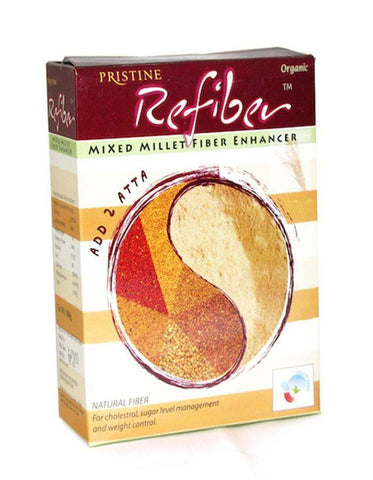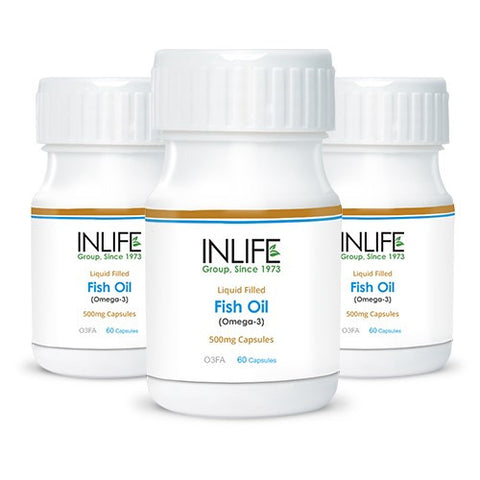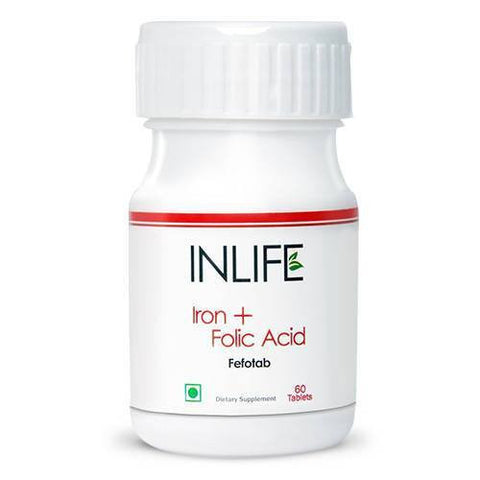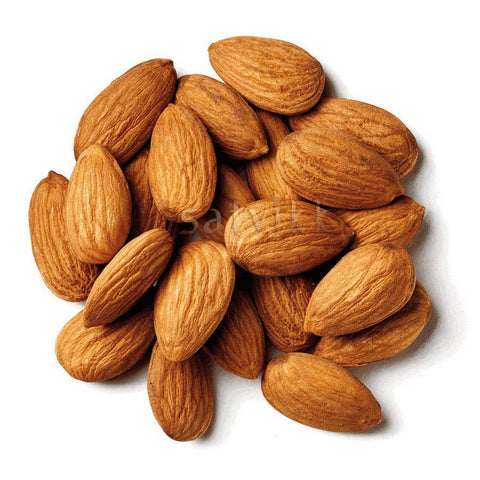
Small and white, with a black end, these peas are defined by their black spot and are the most nourishing in the legume family. Their name, of course, comes from the prominent black spot on their creamy skin. Black-eyed peas are also known as black-eyed beans and southern peas. They being from the legume family are rich in nutrients and have many health benefits as discussed below.
- Rich in Fiber
Fiber is a nutrient that helps regulate your digestive system, and increasing your intake could help alleviate constipation and symptoms of irritable bowel syndrome. The soluble fiber keeps blood sugar balanced and helps prevent type 2 diabetes. Fiber also helps keep your cholesterol levels healthy by preventing cholesterol from being absorbed into your bloodstream, which reduces your risk of developing heart disease. Additionally, high-fiber foods keep you feeling full, since they are digested slowly — which is important for weight control. It helps to prevent intestinal disorders, stomach, pancreas as well as spleen issues. And due to its high fiber content, it helps with elimination and prevention of colon cancer. Black-eyed peas have a good amount of dietary fiber, a cup of black-eyed peas provides you with 8 grams of fiber, which is nearly 22 percent of the recommended daily amount.
Enhance the fiber of your food, click here to know more
- Healthy for Heart
It contains fiber, potassium and manganese, therefore is advantageous for the heart. Black eyes peas are well known because of their capability to reduce the plasma cholesterol within your body and with dietary fibers they are an excellent heart food. Potassium is the third most abundant mineral in the human body. It helps keep your blood pressure levels at healthy numbers, which lowers your risk of heart disease. A 1/2 cup of dry and cooked black-eyed peas contains 239 mg of potassium, and the same amount from a can has 206 mg, which is almost 18 - 20 percent of your daily potassium intake.
Keeping the heart healthy is very important, click here to know more
- Helps in weight loss
Low in fat and calories makes them a nutritious option for a weight-loss diet plan. A diet which is lower in fat and calories can help you slim down, avoids putting on weight and safeguards you from numerous health problems, which includes cardiovascular disease, diabetes and also depressive disorders. Half a cup of black-eyed peas has only 100 calories and 1 gram of fat, making it a perfect choice for your weight loss diet.
Loose unwanted weight naturally, click here to know more
- Rich in Antioxidants
The antioxidation property restricts the growth of the cancerous cells within the body. Manganese is also an antioxidant with one important function: It protects mitochondria, the structures inside cells that produce energy. And beta-carotene a form of vitamin A, functions as an antioxidant.
Boost antioxidants in your body, click here to know more
5. Rich in Folate
Folate is vital to create genetic material and build cells. Consuming an adequate amount of folate is essential during periods of growth, from pregnancy through adolescence. Women, who get enough folate before becoming pregnant, and during the early months of pregnancy, lower the risk of birth defects of the spinal cord and brain. At all ages, everyone needs folate to produce enough red blood cells to avoid developing anemia. After enriched grain products, the best natural sources are leafy greens and legumes. One cup of black-eyed peas provides 52 percent of the recommended daily intake of folate.
Provide your body folate for healthy functioning, click here to know more
6. Source of Vitamin A
The vitamin A in black-eyed peas comes in the form of beta-carotene. Vitamin A produces mucus and to synthesize the proteins that maintain skin’s integrity. This vitamin, as we know, is essential for eye health and also vital for skeletal tissue. When the immune system responds to germs or infections, it uses white blood cells to kill pathogens and degrade bacteria. These specialized cells depend on vitamin A to function properly. You get 43 percent of the recommended daily intake of vitamin A in 1 cup of black-eyed peas.
Almonds are great source of almonds, click here to know more
- Source of Protein
Just half a cup of dry and cooked black-eyed beans gives you 6.7 grams of protein, which supports most of the parts of your body, including muscles, skin, hair and nails. In addition, protein helps cells grow and repair and provides energy to your body. Not only are they low in fat, but also supply high quality protein as an alternative to meat, or other animal protein.
Black-eyed peas are available dried, frozen and canned and offer several health benefits when included in a well-balanced diet. They make a good addition to soups, stews and salads and are also a healthy side dish.





